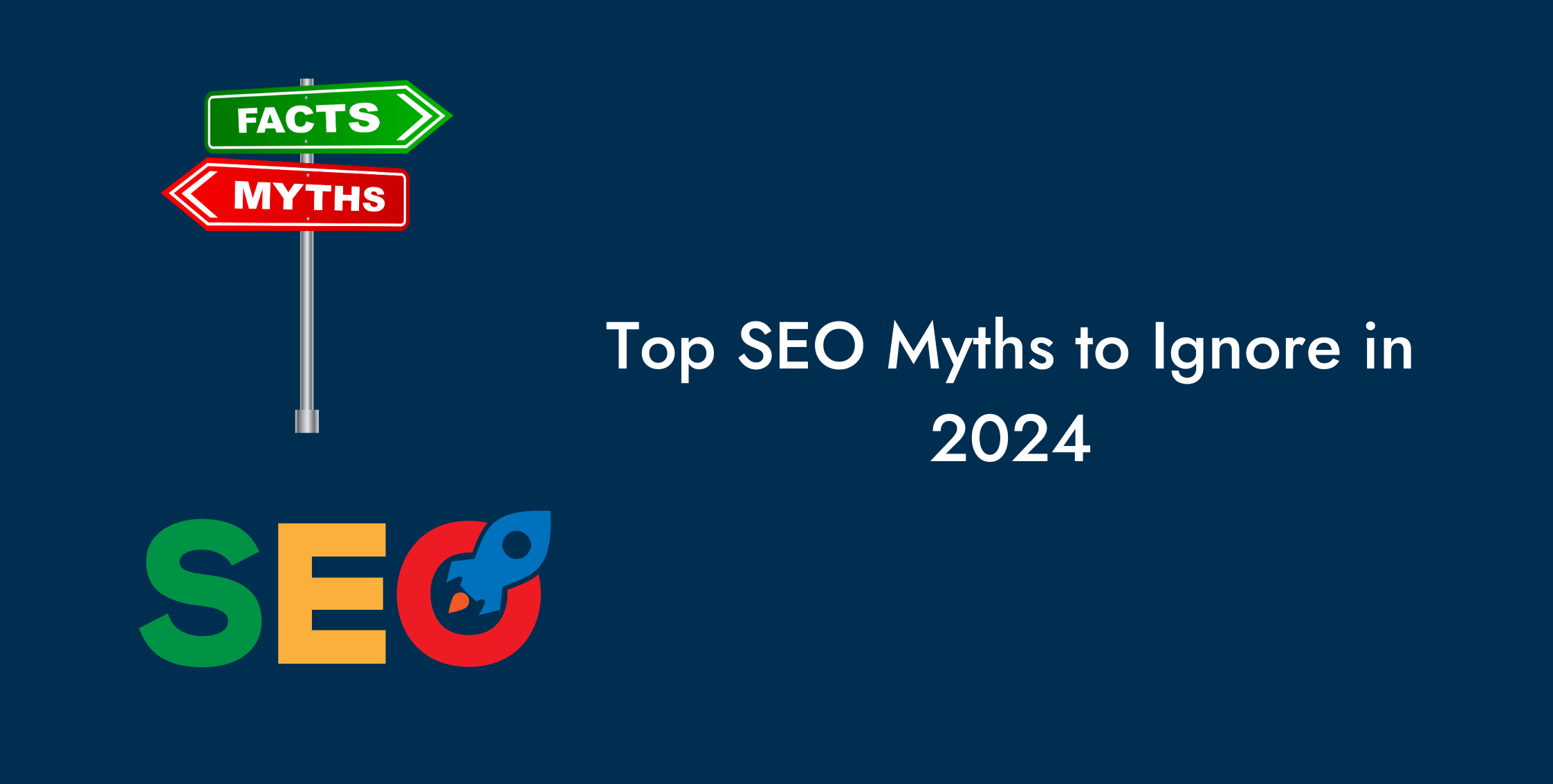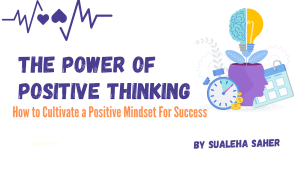It’s astonishing to learn that 90% of what we believe about SEO is outdated or simply incorrect. As we move into 2024, it’s high time to debunk these myths and shed light on the facts. Are you still optimizing your keywords according to rules from five years ago?
SEO has evolved dramatically since its inception in the 1990s, but some myths persist despite the evidence. For instance, keyword stuffing was once a go-to strategy, but today it is more likely to get you penalized than to boost your rankings. Understanding the current best practices, grounded in robust analytics and algorithm updates, is essential for staying ahead. Skilled professionals must adapt continually to these changes, utilizing more sophisticated techniques to meet modern demands.
SEO in 2024 demands debunking outdated myths like keyword stuffing and prioritizes facts such as the importance of quality content, mobile optimization, and natural backlinks. Staying updated with algorithm changes and focusing on user experience is crucial for maintaining high search rankings. Adaptation and continuous learning are key to SEO success.

SEO Myths and Facts: What You Really Need to Know in 2024
SEO has evolved over the years, but myths continue to circulate. One common myth is that keyword stuffing boosts search rankings. This was true long ago, but now it can get websites penalized. Today’s SEO focuses on quality content and user experience. Search engines reward sites that offer real value to users.
Another persistent myth is that buying links will improve your site’s authority. In reality, search engines have become adept at detecting paid links. Genuine backlinks from reputable sites are much more valuable. Earning these takes time and effort, but the rewards are significant. Quality always wins over quantity.
Many believe that social media signals directly affect SEO. However, while social media can drive traffic, it doesn’t directly impact search rankings. It’s important for brand visibility and engagement. Still, it works best when combined with other SEO practices.
Some people think that once their site ranks high, their work is done. SEO is an ongoing process. Algorithms change, and competitors adapt. To stay on top, you must regularly update and optimize your content. Consistency and adaptation are key to success.
Debunking Old SEO Myths in 2024
One myth that still lingers is that meta tags alone can boost search rankings. While meta tags are important, they are just one piece of the puzzle. Google considers hundreds of factors when ranking a website. Ignoring these factors can leave your site lagging behind. Focus on a holistic approach to SEO.
Another common belief is that more pages mean better rankings. Quantity doesn’t trump quality. Search engines prioritize well-written, informative content. Adding unnecessary pages can clutter your site and confuse users. Always aim for clarity and value in your content.
There’s also a misconception that you need to update content constantly to remain relevant. Instead, updating older content to keep it accurate is more effective. Search engines appreciate fresh, relevant information. Balance new content creation with updating existing pages.
Finally, many think that mobile optimization isn’t crucial. Mobile-first indexing means Google primarily uses the mobile version of a site to rank it. As mobile usage increases, a site that’s not mobile-friendly will struggle. Ensure your website is responsive and mobile-optimized for better performance.
Key SEO Facts for Success in 2024
SEO in 2024 relies heavily on user experience. Sites that load quickly and provide valuable information rank higher. Google’s algorithm rewards pages that keep visitors engaged longer. Therefore, focus on reducing bounce rates. An intuitive design is crucial for retention.
Quality content remains a major factor for SEO success. Content should be informative, engaging, and well-written. Additionally, it should answer common search queries. The use of long-tail keywords helps target specific audiences. High-ranking sites often feature comprehensive and relevant articles.
Backlinks are still vital in 2024. Links from authoritative websites signal trustworthiness to search engines. However, not all backlinks are equal. Aim for links from reputable sources. Avoid shady link-building practices that can lead to penalties.
Mobile-first indexing is another key area to watch. With more users browsing on mobile devices, Google prioritizes mobile-friendly sites. Ensure your website is responsive and loads well on smartphones and tablets. A mobile-optimized site can significantly improve your rankings.
Importance of Staying Updated with SEO Trends
Staying updated with SEO trends is crucial because search engines constantly change their algorithms. What worked last year might not work today. Keeping up helps you stay ahead of competitors. Adapting to new trends can significantly improve your search rankings. Ignorance can lead to missed opportunities and lower visibility.
Search engines prioritize user experience, and SEO trends often focus on this aspect. For instance, mobile-first indexing is essential as more people use smartphones. Sites that are not mobile-friendly lose out on traffic. Understanding and implementing new trends can attract more visitors to your site. It ensures you provide a better user experience.
New SEO tools and technologies emerge regularly. These tools can offer insights into your website’s performance. Utilizing them can help identify areas for improvement. Staying updated allows you to leverage the best tools available. It helps in making informed decisions for your SEO strategy.
Regularly updating your knowledge can also protect you from penalties. Search engines penalize sites that use outdated or unethical practices. Awareness of current guidelines helps you avoid these pitfalls. This can save you from a drastic drop in rankings. Knowledge is your best defense against penalties.
Networking and learning from industry experts is another benefit. Staying updated means participating in forums, webinars, and conferences. These platforms offer the latest insights and trends. They also provide opportunities to connect with other professionals. Collaborations and shared knowledge can boost your SEO efforts.
Finally, consumer behavior changes over time. SEO trends often reflect these changes. Understanding new trends helps you meet consumer expectations. This can lead to higher engagement and conversions. Staying updated ensures your SEO strategies are always relevant.
The Role of Algorithms in Modern SEO
Algorithms are the backbone of search engines and play a crucial role in determining search rankings. Every time you search for something online, algorithms sort through millions of pages to find the most relevant results. They use various factors to rank these pages. Understanding how these algorithms work can help you optimize your website. Adapting to changes in algorithms is essential for effective SEO.
Google’s algorithm, called PageRank, is one of the most well-known. This algorithm evaluates the quantity and quality of links to a page. It helps determine a page’s importance and relevance. However, Google uses many other algorithms too. Each one focuses on different ranking factors.
- Content Quality
- Backlinks
- User Experience
- Mobile Optimization
- Page Speed
Algorithm updates can have a significant impact on your site’s rankings. Major updates like Panda and Penguin targeted content quality and link practices. These updates forced many to improve their websites. Keeping track of updates helps you stay compliant. Regularly monitoring your site’s performance is key.
Machine learning and artificial intelligence are increasingly integrated into algorithms. Google’s RankBrain, for example, is an AI component that helps interpret search queries better. It adjusts rankings based on user behavior. This means the algorithm learns and improves over time. Staying updated on tech trends can give you an edge in SEO.
Finally, user behavior is a crucial element. Algorithms track how users interact with your site. High bounce rates or short visit times can signal poor quality. Ensuring a user-friendly experience helps improve rankings. Always aim to meet user needs effectively.
Adapting to SEO Changes for High Ranking in 2024
SEO is constantly evolving, and staying current is essential for high rankings. Algorithm updates can drastically alter search results. Adapting quickly to these changes can give you an edge over competitors. Regular evaluations of your SEO strategy are crucial. Flexibility and readiness to change are key components.
Content quality has always been vital, and it’s even more so in 2024. Search engines favor well-researched, comprehensive content. User intent should guide your content creation. Providing valuable information keeps visitors engaged. High-quality content naturally attracts backlinks and social shares.
Mobile optimization continues to be a significant factor. With mobile-first indexing, a site that performs well on mobile devices will rank higher. Ensure your website is responsive. A seamless mobile experience enhances user satisfaction. Investments in mobile optimization pay off in better rankings.
Page speed is another critical element. Slow-loading pages frustrate users and impact your rankings. Tools like Google PageSpeed Insights can help identify areas for improvement. Optimize images, utilize browser caching, and minimize code. Faster sites deliver a better user experience.
Building solid backlinks remains important. Focus on earning links from authoritative websites. Avoid black-hat SEO tactics like buying links. A natural link profile builds trust with search engines. Networking and guest blogging are effective strategies for gaining quality backlinks.
Finally, user engagement metrics such as bounce rate and dwell time greatly impact rankings. Keep an eye on these metrics to understand user behavior. Improve your site’s layout and content to keep visitors longer. Implementing user feedback can lead to higher engagement and better rankings.
Frequently Asked Questions
These questions address common concerns and misconceptions about SEO in 2024. Understanding these key aspects can significantly improve your search ranking and online visibility.
1 What is the impact of mobile-first indexing on SEO?
Mobile-first indexing means Google primarily uses the mobile version of a site for ranking and indexing. This shift underscores the importance of having a responsive, mobile-friendly design, as more people are using smartphones to browse the internet.
A site that performs well on mobile devices will generally rank higher in search results. Therefore, ensuring your website is fully optimized for mobile can greatly enhance user experience and boost search rankings.
2 How do backlinks influence a site’s authority?
Backlinks from reputable websites act like votes of trust, indicating to search engines that your content is credible and valuable. The more high-quality backlinks you have, the higher your site’s authority becomes.
This can significantly improve your search rankings. However, it’s crucial to earn these links naturally rather than buying them, as artificial link-building strategies can lead to penalties from search engines.
3 Why is user experience important for SEO?
User experience (UX) plays a vital role in SEO because search engines prioritize sites that offer smooth and fulfilling experiences. Elements such as easy navigation, fast-loading pages, and engaging content keep visitors on your site longer.
A good UX reduces bounce rates and increases dwell time—both key factors in improving search rankings. A positive user experience also encourages return visits and social sharing, further boosting visibility.
4 Can social media signals affect my SEO ranking?
While social media signals themselves do not directly affect SEO rankings, they amplify reach by driving traffic to your website. Increased engagement on social platforms often leads to more external links back to your site.
This can indirectly help with SEO by improving traffic metrics that search engines consider for ranking purposes. Additionally, an active social media presence enhances brand awareness and credibility.
5 Are meta tags still relevant for SEO in 2024?
Yes, meta tags remain relevant but are no longer the sole focus of optimization efforts. Descriptive meta titles and descriptions help improve click-through rates by providing users concise information about page content before they click through from the SERP (Search Engine Results Page).
The appropriate use of keywords within these tags continues to provide context for search algorithms without resorting excessively—keyword stuffing could result in penalties instead.
Conclusion
Understanding SEO myths and facts is crucial for staying competitive in 2024. The digital landscape is always changing, and staying updated is key. Emphasize quality content and user experience to stay ahead.
Continuous learning and adaptation are essential for SEO success. Be proactive in updating your strategies based on the latest trends and algorithm ch




